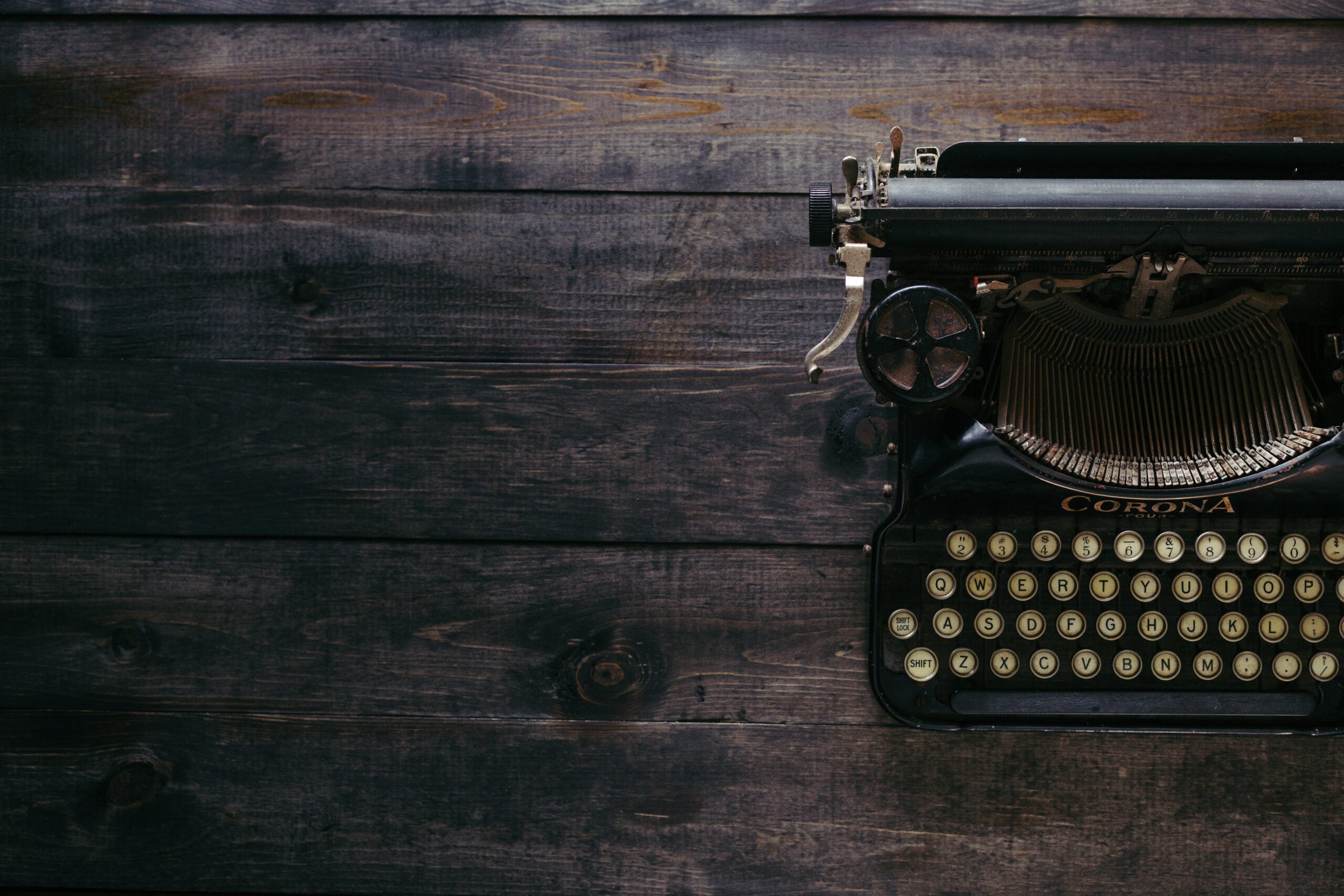In a world where connection is at our fingertips—where swipes, likes, and comments masquerade as intimacy—loneliness remains a shadow cast over countless lives.
We live in an age of unprecedented access to others, yet many of us feel more disconnected than ever before.
Why?
The answer lies in a simple truth: fear.
Fear of vulnerability, rejection, and misunderstanding keeps us rooted in silence, even as our hearts cry out for connection.
“Green Book’s” poignant observation—”The world is full of lonely people too afraid to make the first move”—holds up a mirror to a universal human struggle.
It’s not just a line from a movie; it’s a diagnosis of modern alienation.

Beneath our curated profiles and guarded smiles, we long to be seen, heard, and understood.
But the first move?
That’s the leap most of us are too terrified to take.
What makes the first move so daunting?
Perhaps it’s the innate human fear of rejection, a primal instinct that warns us against stepping outside the safety of our emotional shells.
To extend a hand or a word is to expose a vulnerable part of ourselves.
And what if the answer is no?
What if we’re met with indifference, ridicule, or—worse—silence?
This fear isn’t just about romance; it’s present in friendships, family dynamics, and even professional relationships.
It’s why we hesitate to text the friend we’ve lost touch with, to approach the stranger at a party, or to voice a new idea at work.
The effort feels Herculean, the stakes insurmountable, and the silence that follows unbearable.
Statistics back up this pervasive loneliness.
Studies reveal that one in three adults experiences significant loneliness.
Paradoxically, this trend is most pronounced in the age of social media, where the illusion of connection often replaces meaningful interactions.
We scroll through endless feeds, comparing our lives to highlight reels, yet we hesitate to send a simple, heartfelt message.
Loneliness is not just a mental burden—it’s a public health crisis.
Prolonged loneliness has been linked to increased risks of depression, anxiety, cardiovascular disease, and even premature death.
Yet the solution lies tantalizingly close: in a text, a smile, or a simple hello.
Making the first move doesn’t have to be grand or dramatic.
In fact, it’s often the smallest gestures that carry the most weight.
A compliment to a stranger, a question that shows genuine interest, or a message to an old friend—these simple acts of courage can break through walls of isolation.
And often, the risk is rewarded.
People yearn for connection as much as you do, and many are grateful for someone else taking that first, terrifying step.

The beauty of making the first move is that it’s a gift you can give yourself.
When you reach out, you not only open the door to new relationships but also empower yourself.
Each small act of bravery chips away at the fear that holds you back, proving that the worst-case scenarios we imagine rarely come true.
The world may be full of lonely people, but it doesn’t have to stay that way.
If fear is the barrier, courage is the antidote.
Start small.
Take the chance.
Send the text.
Say the words.
Make the first move.
Because, in the end, the cost of loneliness is far greater than the sting of rejection.

And who knows?
The connection you’re longing for might be waiting on the other side of your bravery.
In a world that feels increasingly divided, making the first move isn’t just an act of personal courage—it’s a radical act of love.
And if enough of us dare to take that step, perhaps we can turn this lonely world into one where everyone feels they belong.
With love, yours truly, Cristian, in collaboration with ChatGPT.
